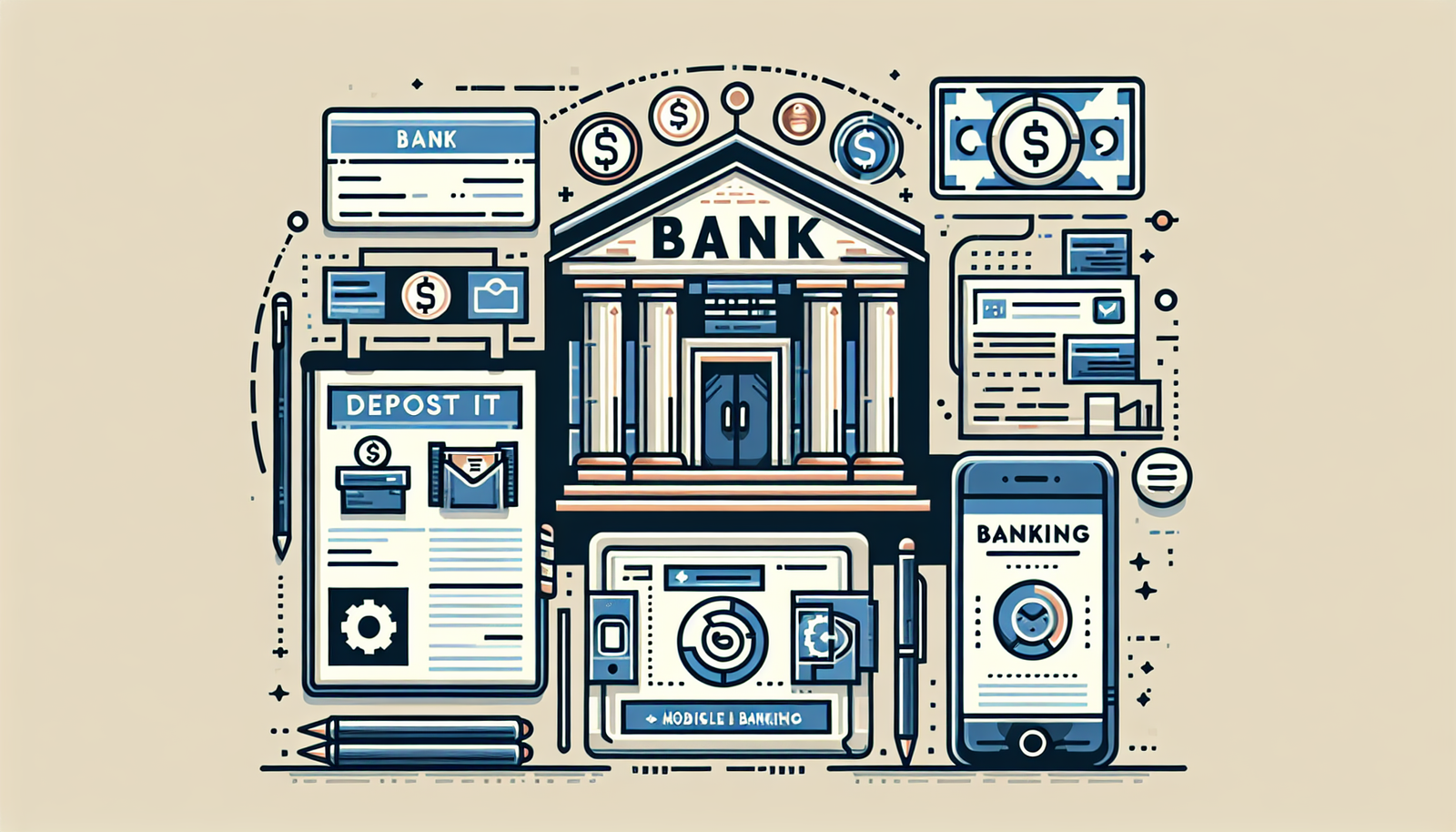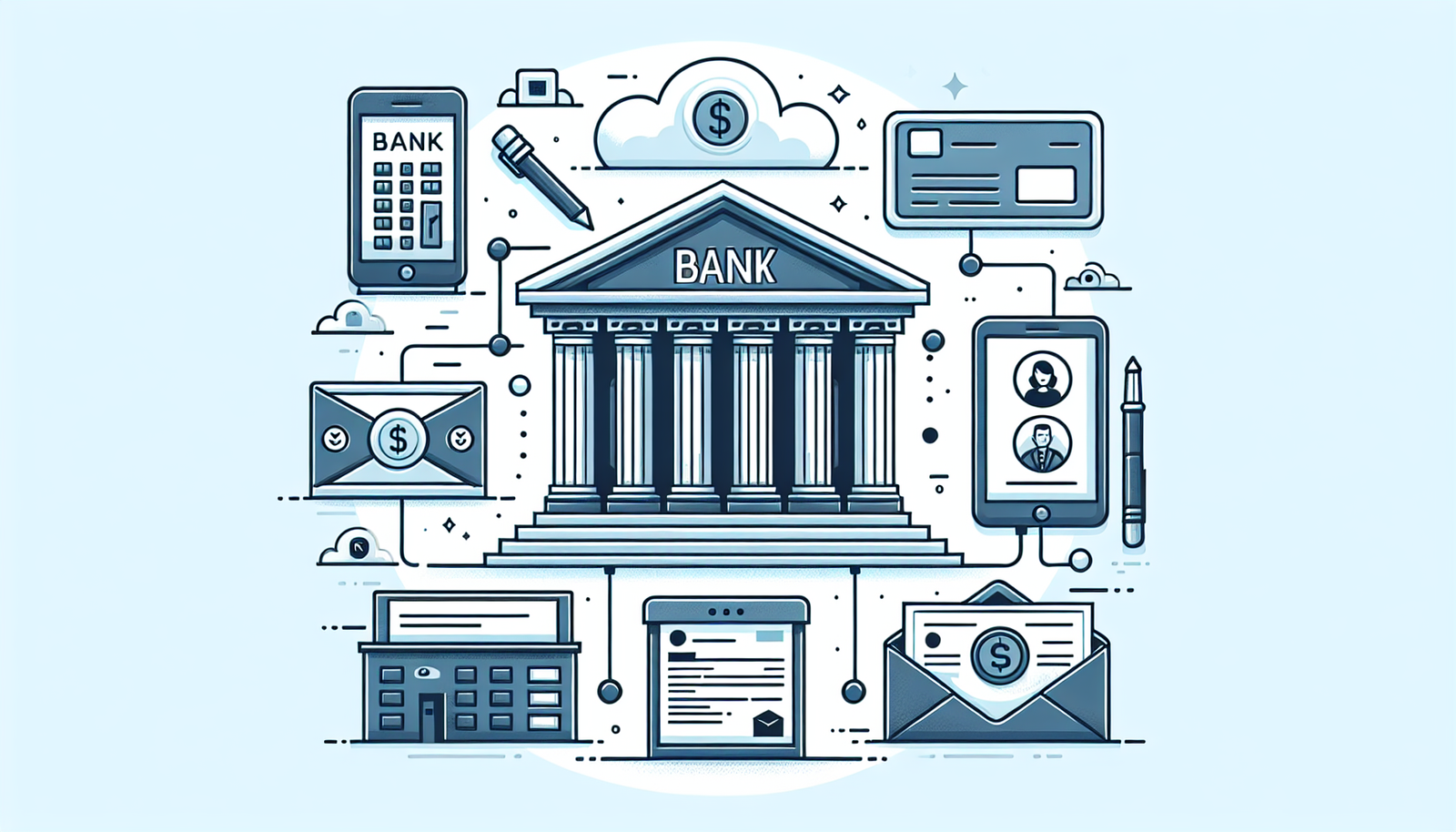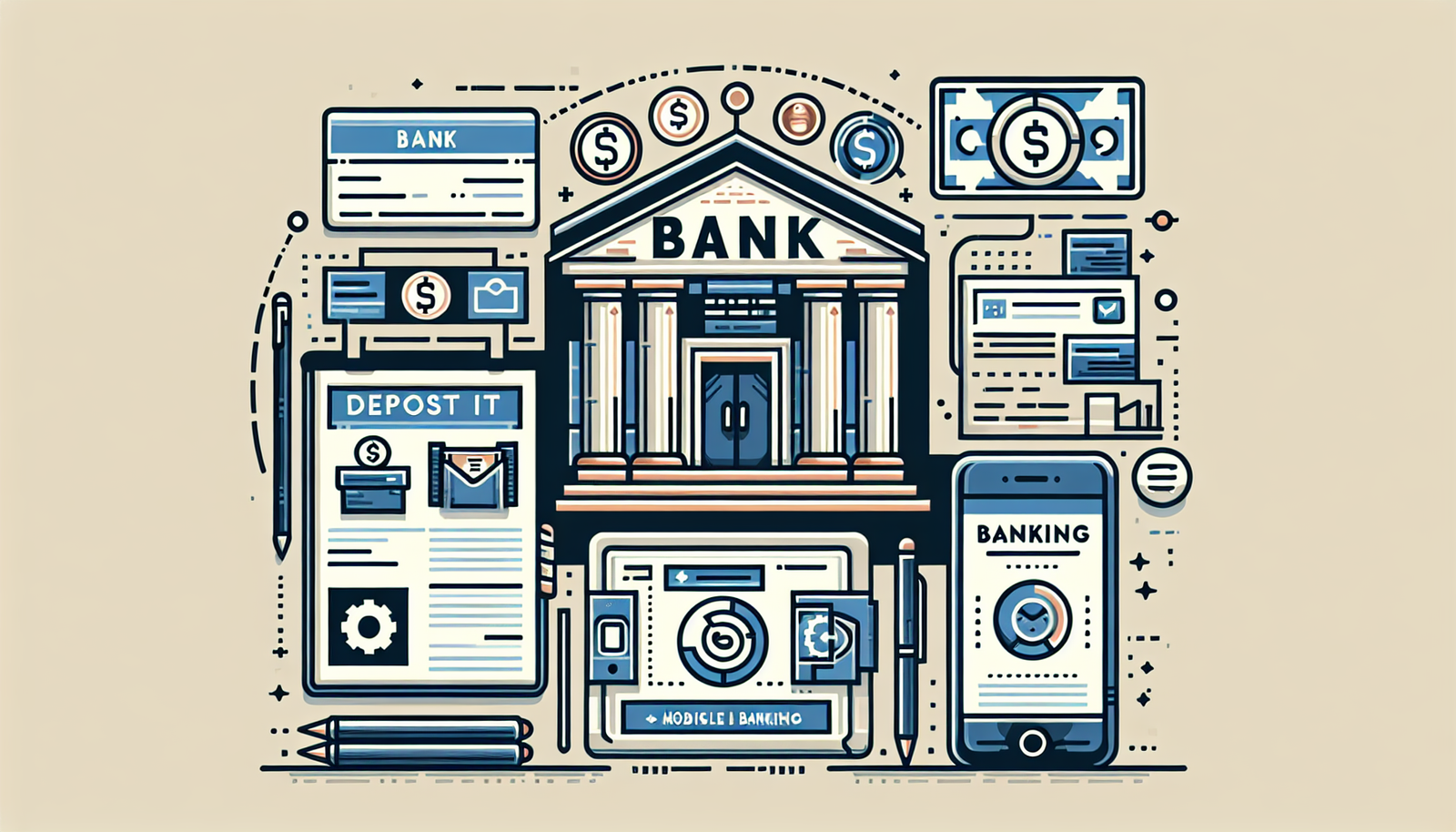
Picture this, you’re sitting in front of the computer staring at your bank statement, a swarm of jargon hovering before your eyes. You might feel a little intimidated, maybe even a bit lost. But there’s no need to panic, for the mysteries of banking transactions are about to be made crystal clear. The “Types Of Transactions In Bank PDF” is your friendly guide, crafted to illuminate the various forms of bank transactions that happen every day. Whether it’s direct withdrawals, online transfers, automatic payments, or deposit transactions, your comprehension is just a few clicks away. Ease your concerns and enhance your banking knowledge. You’re about to embark on an enlightening journey through the often intricate world of banking operations. It’s time to turn those bewildering codes into complete understanding.
Understanding Banking Transactions
As you delve into the world of finance, it’s important to understand the basics. One of the key foundational elements is the concept of banking transactions. This is certainly not a domain exclusive to bankers or finance professionals. Understanding banking transactions can help you manage your finances effectively and efficiently.
Definition of Banking Transaction
A banking transaction can be broadly defined as any action carried out by a bank on behalf of its customer. This can involve the movement of money between different accounts or banks, providing a loan or credit, depositing or withdrawing funds, or setting up scheduled payments, among a myriad of other operations.
Purpose and Importance of Banking Transactions
Banking transactions form the lifeblood of everything monetary – from helping you purchase your morning coffee to aiding businesses in seamlessly managing their revenues and expenditures. These transactions are the pathways through which money flows, helping economies and societies function smoothly. Understanding banking transactions gives you control, allowing you to monitor your finances, set budgets, make investments, and plan for your future.
Debit Transactions in Banks
Turning to specifics, let’s consider debit transactions.
Overview of Debit Transactions
The word ‘debit’ comes from the Latin ‘debitum’, meaning ‘debt’ or ‘something owed’. A debit transaction in banking is where you’re accessing your own funds and reducing your balance in your checking or savings account.
Types of Debit Transactions
There are several Types of debit transactions. This includes ATM withdrawals, direct debit payments to retailers or service providers, checks drawn on your account, debit card purchases, or online transfers.
Processes Involved in Debit Transactions
Given the multitude of debit transactions, the process varies. It could be as simple as removing cash from an ATM, swiping your debit card at a point of sale, or potentially more complex, such as setting up a recurring direct debit transaction for payment of utilities.

Credit Transactions in Banks
Moving on from debits, let’s talk credit.
Basic Understanding of Credit Transactions
Unlike a debit transaction, a credit transaction is when money is added to your account. This could be through a deposit, a loan, or a returned purchase.
Forms of Credit Transactions
Credit transactions come in several forms; this could be a direct deposit from your employer, a returned payment, or interest on your savings.
Procedure of Credit Transactions
Procedures for credit transactions are no more complex than debits. They would typically involve completing a deposit slip at a bank, setting up a direct deposit, or providing a retailer with the details required to refund a transaction to your account.
Online Banking Transactions
Online banking is now ubiquitous, allowing you to control your financial world from the comfort of your own home.
Introduction to Online Banking
Online banking allows you to manage your finances anywhere, anytime. You can make payments, transfer funds between accounts, and monitor your balance and transactions.
Various Online Banking Transactions
Online transactions range from bill payment, fund transfers between your own accounts or to others, loan applications, viewing transaction history, and even ordering checks.
Safety Measures in Online Banking Transactions
Online banking transactions rely on robust encryption systems to keep your data safe. Setting up two-factor authentication, regularly monitoring your transaction history and ensuring the security of your personal information help in maintaining a secure digital banking environment.

ATM Transactions
Banking transactions extend beyond the online realm, with ATMs being a vital cog in the banking machinery.
Understanding ATM Transactions
ATM transactions are those performed at an Automated Teller Machine – this includes cash withdrawals, balance enquiries, deposits and sometimes money transfers.
Common Types of ATM Transactions
ATM transactions predominantly involve withdrawing cash, depositing checks or money, checking account balances, or transferring money between linked accounts.
Security Aspects of ATM Transactions
ATM transactions provide secure access to your cash. Take precautions such as covering your PIN during entry, regularly updating your PIN, and keeping your ATM receipts, ensuring optimal security.
Direct Deposit Transactions
Delving into specifics, let’s consider direct deposits.
Explanation of Direct Deposit Transactions
Direct deposit transactions usually reflect salary payments, where your employer transfers funds directly into your account, instead of a physical check.
Benefits of Direct Deposit Transactions
Direct deposits save both time and hassle. The funds become available more quickly compared to depositing a check.
How to Set Up Direct Deposit Transactions
Setting up a direct deposit transaction simply involves providing your employer with your bank account details and the bank’s routing number.
Wire Transfer Transactions
Wire transfers are another essential aspect of banking transactions.
Understanding Wire Transfer
Wire transfers involve transferring funds from one account to another, either domestically or across borders, via a network of banks or transfer agencies.
Procedure Involved in Wire Transfers
Wire transfers generally need you to provide the recipient’s name, bank account number, and their bank’s name and routing number. Fees usually apply to these types of transactions.
International Wire Transfers
International wire transfers are similar but require additional information, such as the SWIFT code of the receiving bank. Be prepared for higher transaction fees and longer transaction times.
Check Transactions
Despite living in a digital age, check transactions are still in play.
Overview of Check Transactions
Check transactions simply involve writing a check from your account to another person or business.
Preparing a Check Transaction
Checks require entering the date, the payee’s name, the amount in both numeric and written form, and your signature.
Cashing and Depositing Check Transactions
Checks can be either cashed at a bank or deposited into an account.
Mobile Banking Transactions
Mobile banking transactions have soared in popularity due to ever-evolving technology.
Introduction to Mobile Banking
Mobile banking transactions are simply banking transactions executed on a mobile device, through a bank’s app.
Types of Mobile Banking Transactions
Mobile banking offers a plethora of services typically offered in online banking – money transfers, bill payments, balance checks, transaction history reveals, and more.
Security Measures for Mobile Banking Transactions
Ensure a secure environment for mobile transactions by using secure home networks, setting up transaction alerts and utilizing biometric features for authentication.
Potential Risks and Safety Measures in Banking Transactions
While the convenience and expediency of modern banking cannot be understated, it does not come without potential risks.
Common Risks in Banking Transactions
Common risks include unauthorized transactions, identity theft, data breaches, and phishing scams.
Security Measures in Banking Transactions
Mitigate risks by regularly reviewing your transactions, setting up alerts, keeping personal information secure, and contacting your bank promptly if you suspect any fraudulent activities.
Dealing with Banking Fraud
If you are a victim of fraud, your first course of action should be to contact your bank immediately, followed by reporting to the local police and the pertinent authorities.
So, there you have it. Banking transactions might initially seem overwhelming, but once you understand their purpose, types, and procedures, you’re in charge of your financial destiny.
Leave a Reply